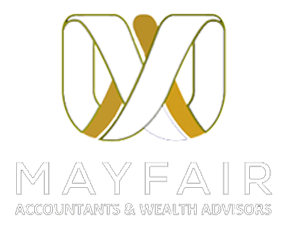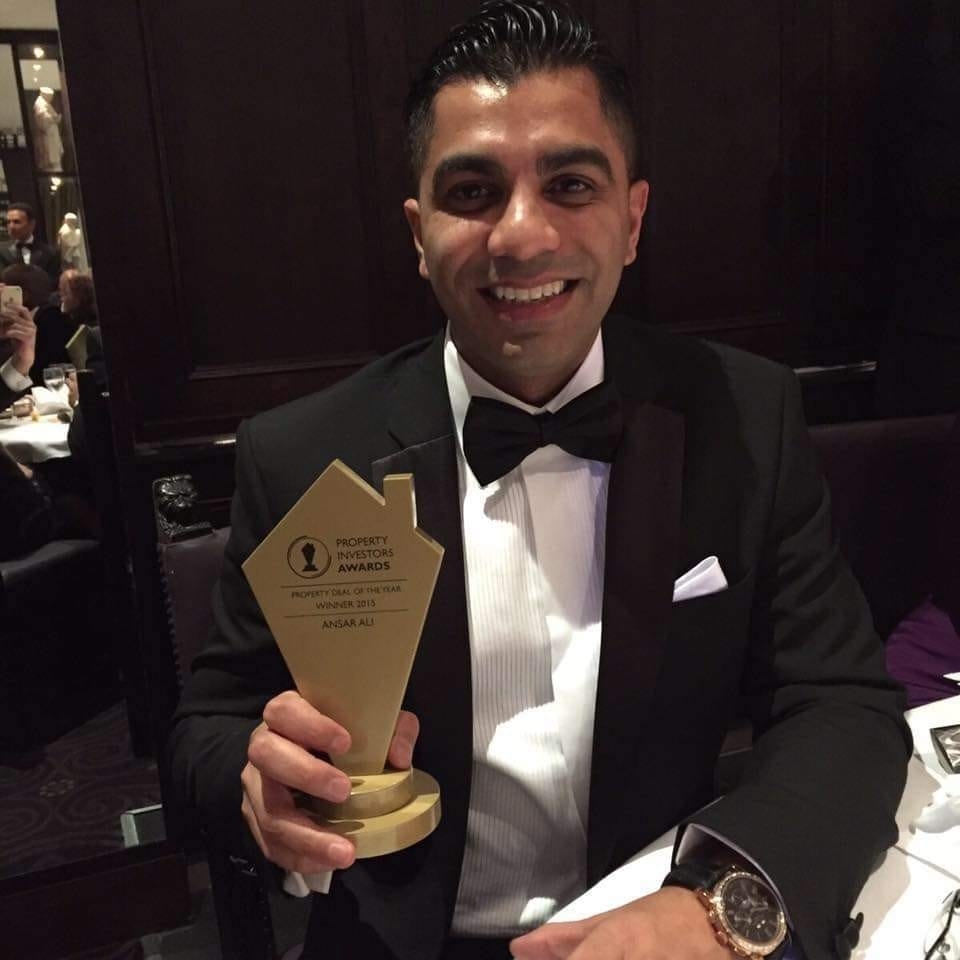As a medical professional, do you have trouble with the bookkeeping and don’t know where to start? If yes, here are a number of tips to help to with the bookkeeping.
Track your expenses
Even though tracking expenses is difficult, doing so correctly will help in claiming the tax reliefs which you can be benefitted from. Hence, you should always make the habit of tracking of every expense done for your practice.
Keep the receipts
Even though if you find keeping receipts a boring thing, you must always keep the receipts. Sometimes when HMRC may visit you and ask you for such receipts, having receipts will save you from getting into trouble.
Do not mix personal and practice’s finance
If you don’t separate your practice’s finance from your personal finance, it will difficult for you to manage your expenses and income. And, as your practice grows, it becomes even more difficult. This is why it is best to use a separate account for your practice and use it for the practice’s expenses from the very beginning itself.
Use a proper accounting system
These days, there are many types of accounting software available for the doing so, If you want to store your receipts, invoices and other documents safely, there is no better option than using a proper accounting system. In addition, using it can help save your time and reduce any simple errors.
Do bank reconciliation
When running your medical practice, reconciling your account each month may not be on top of your list. However, this is not to be missed as reconciling bank statements with your books will help you to ensure your records of income and expenditure agree with your financial statements and track the health of your business.
As much as bookkeeping is a mundane task, you cannot possibly avoid it. This is why adapting to some good habits as mentioned above can protect you some costly errors.
If you are still unsure about doing bookkeeping on your own, get in touch with medical accountants and let them handle it.


